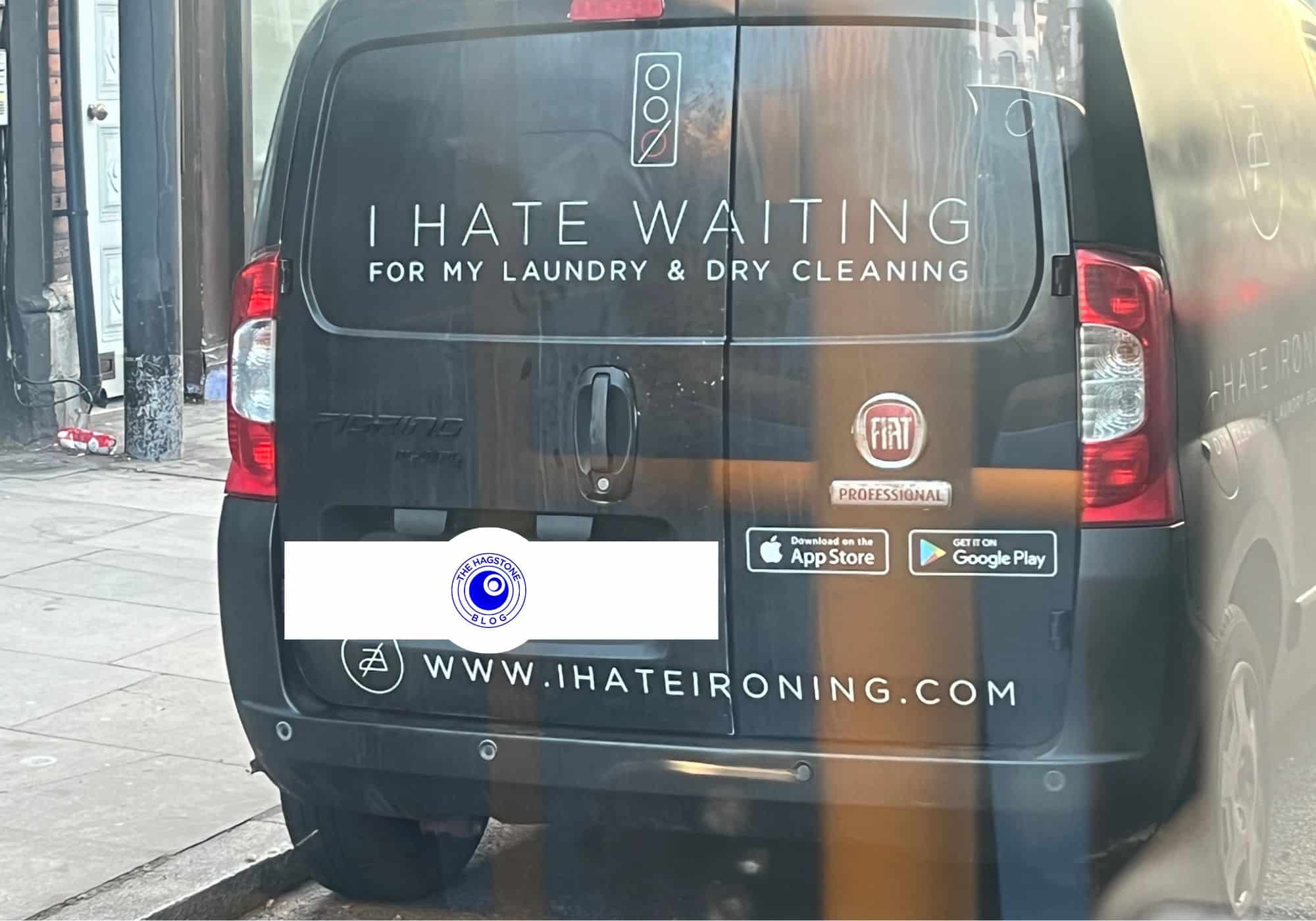Collaborations for Entrepreneurs
Collaborations are not just for social media influencers. marketing. Though that tactic works, it isn’t right for every business. But good news – there are many other ideas for collaborations for entrepreneurs which can boost reach and revenue. So read on for inspiration from famous collabs, learn the benefits of collaborations, and then see a list of specific ideas and examples you can use.
Famous Collaborations
First, some examples of famous collabs in business. Co-branding has been used for brand building in different sectors and industries for decades. Musicians collaborate all the time. When Lady Gaga recorded old standards with icon Tony Bennett, it boosted sales of jazz albums. Here are just a few examples of product collaborations.
Betty Crocker and Hersheys
Baking brownies needs chocolate syrup, right? The Betty Crocker brand launched a brownie mix which namechecked Hershey’s chocolate syrup as an ingredient. Betty Crocker endorses Hersheys by including the Hershey’s logo on the package. Hersheys gets more visibility and sales; Betty Crocker sells more brownie mix to chocoholics who love the taste of Hersheys. This is an example of ingredient co-branding.

McDonalds and Oreo
Another great food example is McDonalds co-branding McFlurries with well known and loved cookies and candy. When you order an Oreo McFlurry, Smartie McFlurry, or Maltesers McFlurry, you know what you are getting. What McDonalds did here was create a product and let the brand recognition of its collaborators do all its marketing. If the flavour was just “Chocolate McFlurry”, McDonalds would have had to overcome the barrier educating us about what to expect. With these collaborations, a detailed sales pitch is not required. Ice cream and Oreos, all blended together? Yes please.
Nike and Apple
This is a perfect example of a creative collaboration to find synergy with a common audience. Nike wants to sell more running shoes and workout gear. Apple wants to sell more technology. Creating an Apple Watch Nike and Nike Sports Bands encourages people to spend more time exercising, and using Apple products. More recently, they are expanding their collab to create sports content for Apple TV.
How businesses benefit from collaborations
Right, so you are a small business owner and these are big brand examples. How can collaborations help you? There are many ways to use collabs to grow your business.
1.Reach a new audience
A key benefit of a collaboration is increased exposure for your brand. This may be more visibility for your logo because it’s being seen by a whole new group of customers. Or it’s getting your content viewed more because it’s been tagged or posted on an account that has bigger reach than yours.
2. SEO
Depending on the type of collab, an outcome of reaching a new audience may be driving more traffic to your website or ecommerce store. More traffic to your site helps your SEO and builds site authority.
3. Improve profits
Collaborations for entrepreneurs is not always about marketing. Another angle is controlling or minimizing costs. A collab that gives you access to a product or service at a reduced cost can improve your profit margin.
4. Improve offer to your customers
Providing value to your customers should always be the priority. Innovative marketing will only take a business so far. The quality of the product or service and the value proposition for people is what builds a sustainable, profitable business in the long term. Consumer benefit is a key reason to explore collaborations. Offering something extra to your customers or improving their experience builds loyalty, repeat business, and referrals – and all of this grows revenue.
5. Make a friend or find a mentor
One of the fun parts of being an entrepreneur is meeting so many interesting people. All your amazing customers, of course – and then suppliers, providers, and other entrepreneurs. Working together on a collab may lead to friendship. Or a mentorship. This isn’t the goal when setting out to build a collab for your business, but it could be a benefit you find along the way.
6 Ideas for Collaborations for Entrepreneurs
1. Blog Exchange
This is a classic collab idea. Contribute a blog article, and in exchange post one on their site. Do this strategically and sparingly. You don’t want your site to become cluttered with guest writers. And you don’t want any topic which isn’t relevant for your brand. A hair salon with a guest post about productivity software makes zero sense. However, a post from a dermatologist talking about scalp health does!
2. Newsletter article
When a mailing list is important to a business, then providing great content matters to them. Offering your expertise as a newsletter article gives your collab partner meaningful content for their readers. And it can showcase your knowledge and link back to your website. An example is a dog obedience school sharing an article of expert grooming tips. Or a nutritionist doing a deep dive on protein sources for a gym or personal trainer.
3. Co-branded product or service
A co-branded item is an effective collaboration idea for entrepreneurs. Holidays, events, and special occasions are great opportunities. If your business makes hand-poured candles, co-brand with a home decor store to create a unique product line they will showcase for the winter holidays. The trick here is to make sure it’s on-brand and the collab makes sense. So if you run a fair-trade coffee shop, then co-brand with a local artisan for a line of reusable bags or mugs instead of sourcing from a factory overseas.
4. Samples
If your business is suited to offering a sample, this is an effective idea for collaborating. For example, say you have a skin care line. Then gift samples to a spa to hand out to their customers. Or if you make bath bombs, make a mini version and gift samples to massage therapists, chiropractors, and physiotherapists to give out after treatments.
5. Discount Code
Consumers love saving money. Reducing the price on the first purchase encourages people to try something new. If your store sells workout gear, collab with fitness trainers. Doing a cross-promotion and offering a discount code connects your shared audience and generates sales.
6. Customer Appreciation Gift
Businesses that rely on repeat business and referrals love to show customer appreciation in a big way. The bigger the sale, the bigger the gift. Offering your product or service free or at a reduced rate gives them a unique and meaningful gift, and get your brand in front of your target audience. For example, when I ran my household management business, we collaborated with real estate agents who gifted one of our services to their buyers. When closing day came and they got the key to their new home, they’d walk into a freshly cleaned house with a thank you card from the realtor, branded with our logo and contact details.
Conclusion
As shown above, there are many benefits when businesses partnering up to cross promote or bundle products or services. These ideas for collaborations for entrepreneurs are all about finding synergy between brands. It starts with knowing your target audience and being creative with opportunities to connect with them. Overall, the focus is to think of how to add value for customers of both businesses.
Collaborations for Entrepreneurs Read More »




